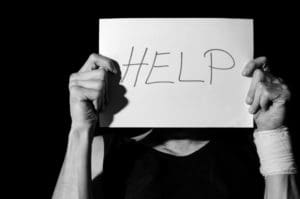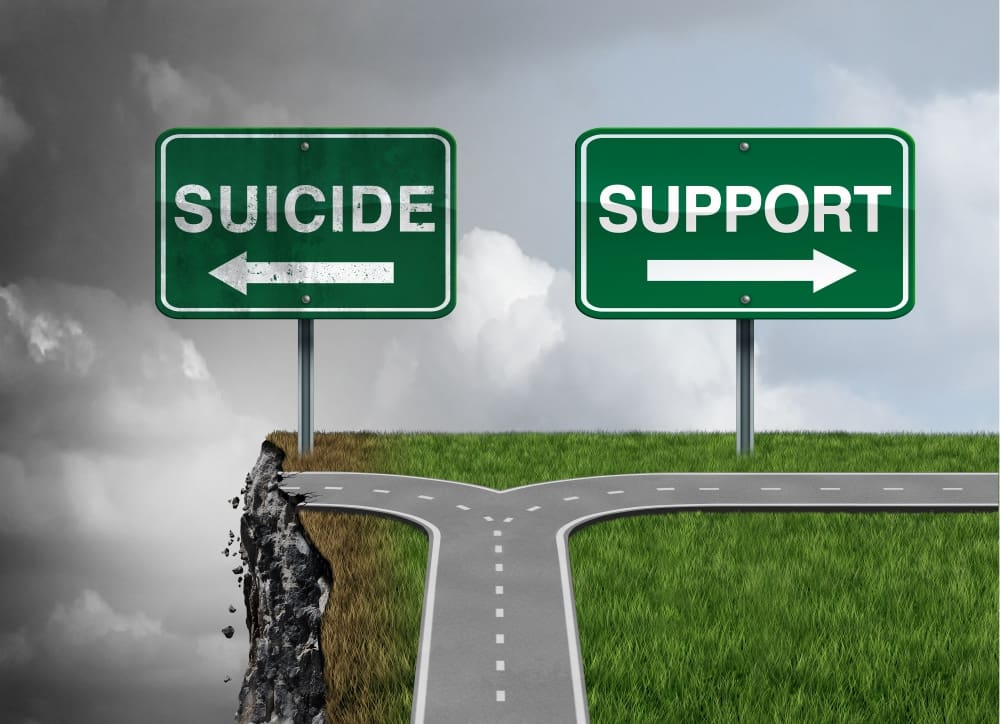Suicide is one of the leading causes of death in our Country. Depression is the most common condition associated with suicide but it is often undiagnosed. Though suicidal thoughts aren’t always easy to detect, learning how to identify the signs of suicide may save a life.
Signs Someone May be Suicidal
1. Making plans for after they’re gone.
It isn’t uncommon for someone that is having suicidal thoughts to start preparing for their death. These steps may include updating their will, saying goodbye, giving belongings away, and writing a suicide note. If there is a sense of finality to their words, it is important for you to reach out to determine if the person is at risk.
2. Becoming withdrawn from friends, family, and interests.
The person starts to withdraw from spending time with friends and family. They avoid certain social events or activities that they were once interested in. They isolate themselves and resist engaging with others that want to connect with them.
3. Displaying mood swings.
An individual’s mood may drastically change from aggressive to moody or anxious to depressed. When suicidal thoughts take hold, the person may have a sense of calmness to them. These feelings may also be accompanied by a lack of sleep or an increased desire to sleep.
4. Excessive drinking or drug use.
Substance use can be an indication of suicidal thoughts and can even increase the chance of becoming suicidal. In some cases, an individual may be using excessive drinking and drug use to harm themselves or dull the pain of what they are feeling.
5. Acting recklessly with their actions.
An individual that is taking increasingly riskier chances may be at risk for suicide. An individual that continuously engages in activities like risky sex, drunk driving, or self harm may be suicidal.
6. Seeking out Pills or Firearms.
An individual that approaches you or someone else about finding pills or firearms is likely at risk.
Risk Factors
While risk factors can’t predict if someone is suicidal, they are characteristics that may increase the likelihood of suicidal thoughts. Be mindful of the following risk factors:
- Mental disorders, schizophrenia, mood disorders, and personality disorders
- Hopelessness
- Alcohol and/or substance use disorders
- History of abuse or trauma
- Major chronic or physical illness
- Family history or personal history of suicidal thoughts or attempts.
- Access to potentially lethal means
- Recent loss of a friendship or relationship
- Recent financial loss
- Lack of support from friends and family
- Lack of adequate health care—particularly with substance use and mental health treatment
How to Help Someone at Risk
If you know someone that is suicidal, don’t assume that someone else will be able to intervene. Taking the chance to act and check on them may be the moment that saves their life.
Starting a conversation from an honest and caring place is the first thing you should do if you think someone is at risk. If you’ve noticed some of the aforementioned signs, go ahead and ask them directly about their intentions. In the event that this person is at risk, getting the opportunity to have this conversation is crucial.
If they are at immediate risk and/or are saying they have a plan to or intend on killing themselves, call 911 immediately. During this time, don’t leave the person alone, remove anything that they might use to injure themselves, and take them to the emergency room. Additionally, calling the National Prevention Lifeline at 1-800-273-TALK will connect you with a crisis counselor that can provide additional assistance.













































